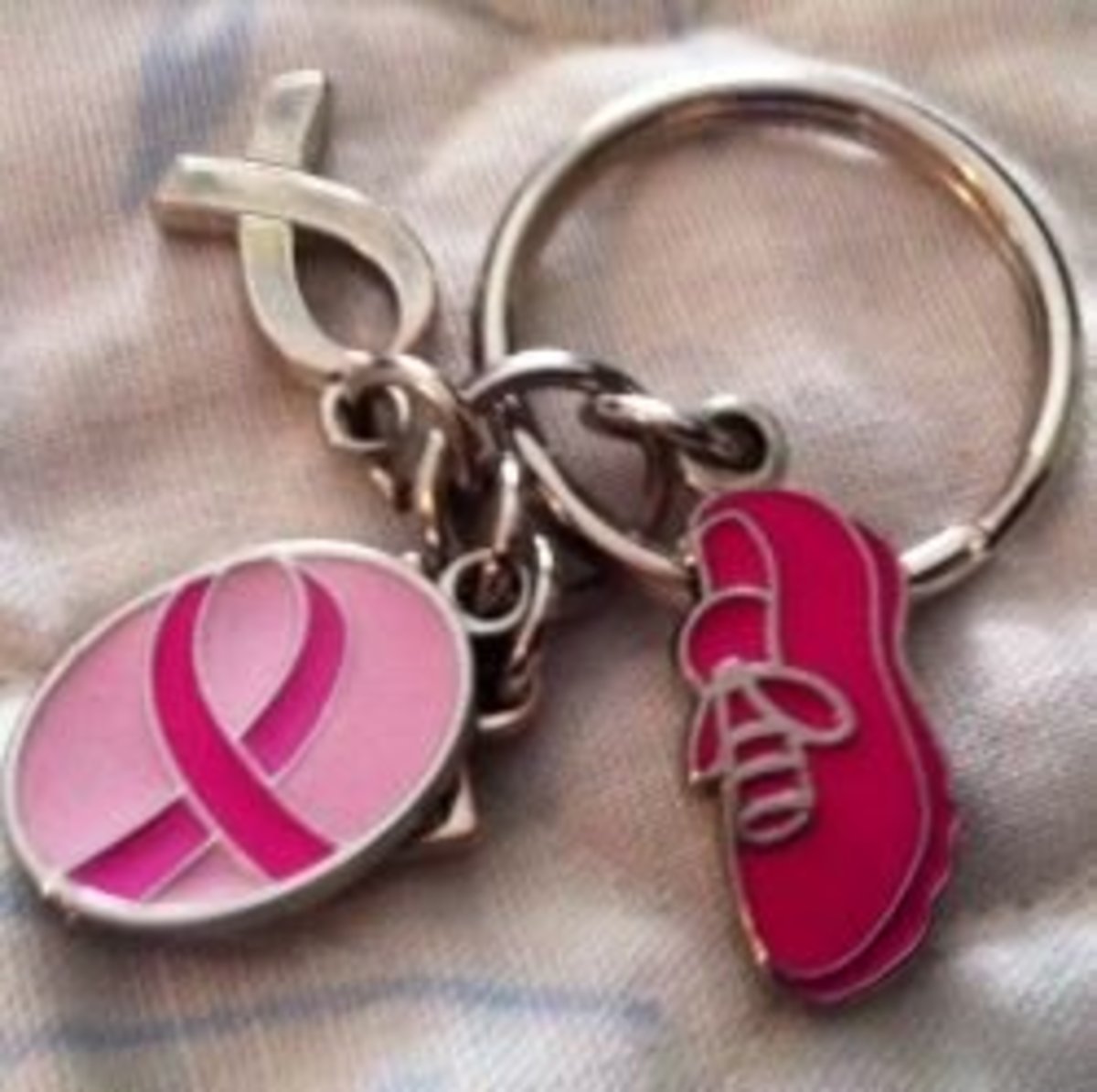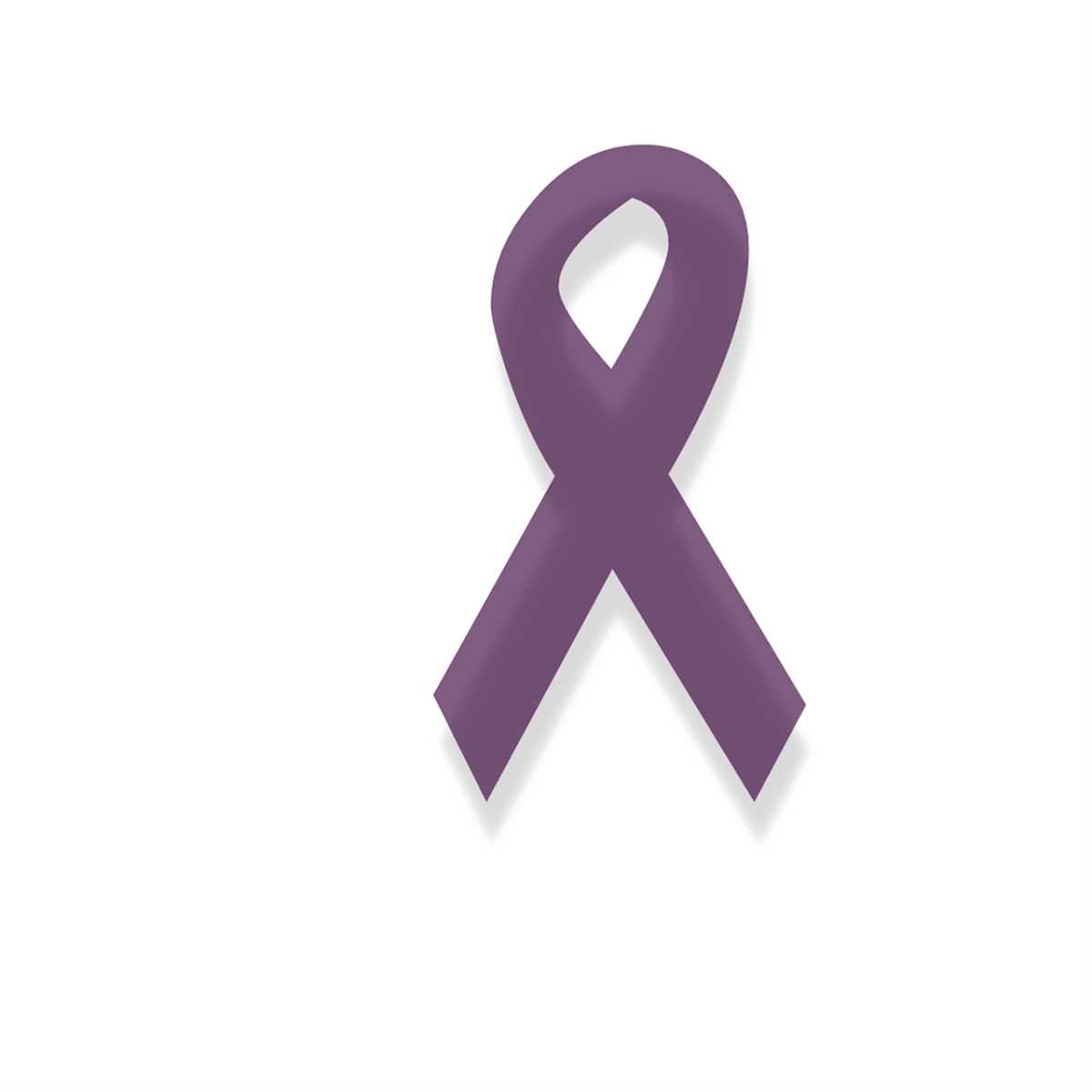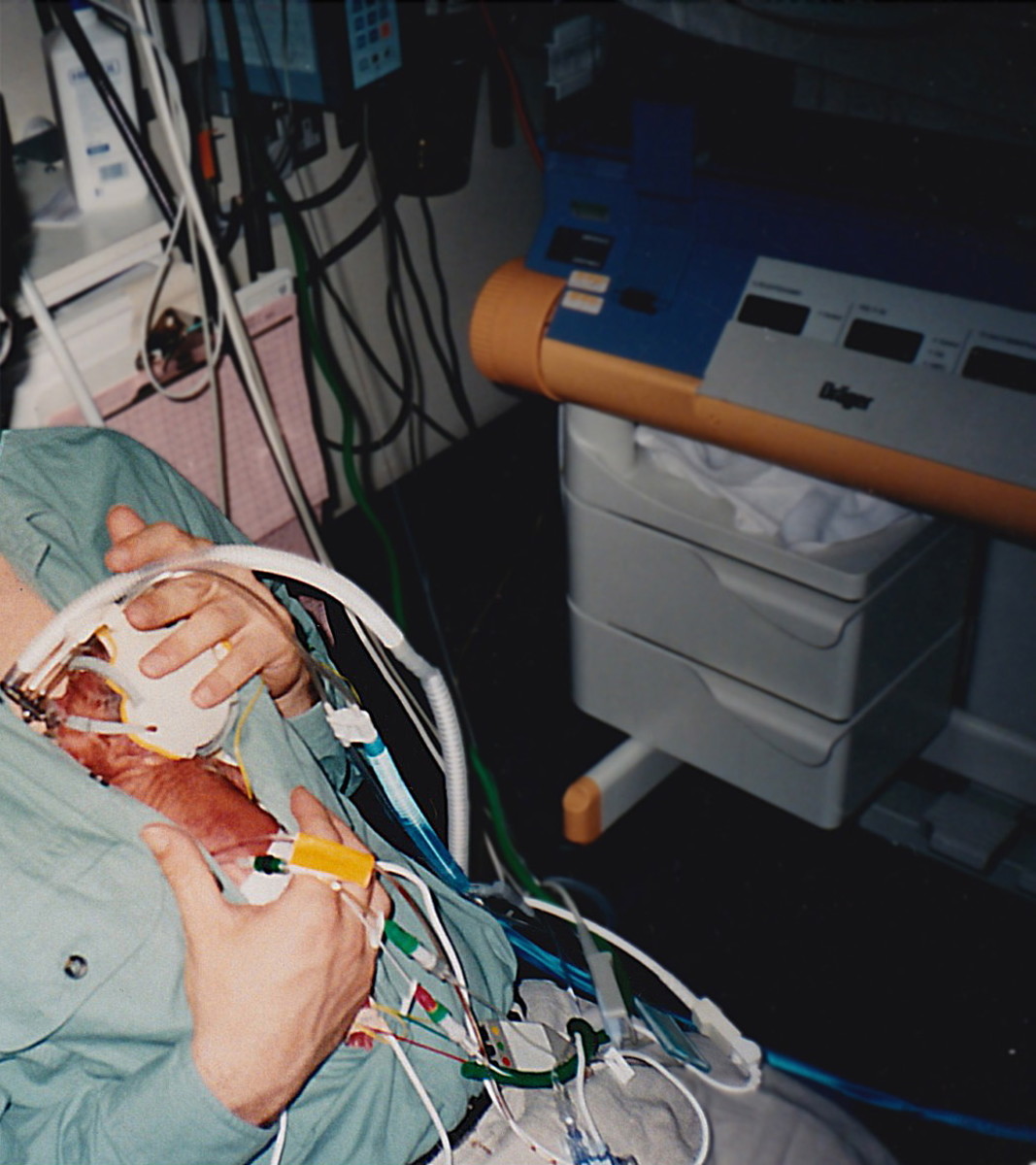Does Chemotherapy Do More Harm Than Good?
Does Chemo Cure Cancer?
My husband and I went to visit a friend. She was recently diagnosed with cancer. We didn't know what to say. We wanted to say the right thing. I don't think we did.
Maybe I was too hard on the doctors. I didn't want to be. But the words rolled out of my mouth.
Anyway, I was attempting to offer hope to a teary-eyed young mother who envisioned leaving her small children behind.
I wanted her to know that miracles happen. That many people once considered “terminal” are alive and well years later, thanks to alternative medicine.
And I wanted to explain that cancer doesn't have to be a death sentence. A prognosis of three months, or six months or two years is only arbitrary. It's based upon an assumption that surgery, chemotherapy and radiation are the only way to go.
With conventional treatment, American cancer patients have a two out of three chance of not surviving five years, according to science reporter Peter Barry Chowka, who was interviewed for a documentary on forbidden cancer cures. (See video below).
As a medical professional, my friend is well aware she faces debilitating treatments with an uncertain outcome. She worries she'll be dead soon. She's terrified.
Her cancer came on suddenly with sharp abdominal pains. Doctors removed the big, fast-growing tumor, but malignant cells had invaded her lymph nodes.
Nothing I can say will sway her from doing chemo. Nor can I try. Firmly entrenched in a medical system, which poisons sick people, in an attempt to make them better, my advice won't be welcome. Nor can I give “medical advice” because I'm not a doctor.
However, I can talk about the countless people who've survived cancer after turning to "alternative" treatments when mainstream medicine gave up on them.Their testimonies are all over the Internet. I can also talk about what I'd do if I had cancer, “if it were me.”
And I can talk about Kelley Eidem. (More on him later).
Is There a Better Way?
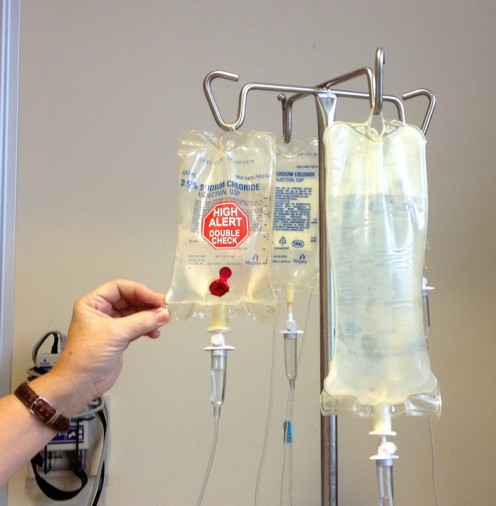
Even Oncologists Don't Like Chemo
Knowing what I know now, if faced with cancer, I personally wouldn't do chemo under any circumstances. Nor would nearly 80 percent of practicing oncologists, according to a widely cited survey from McGill University in Canada, in which 118 doctors were polled. These doctors treated people with lung cancer.
A surprising 79 of them responded to the survey. Of this number, 64 would not take the common (and highly toxic) drug Cisplatin. And 58 would say "no" to any clinical trial of chemotherapy, because of its ineffectiveness and detrimental side effects, including death.
The truth is effective treatments for cancer already exist. But, one by one, they've been suppressed, so that the only "acceptable" choices are surgery, radiation and chemotherapy.
In defense of the oncologists, they are slaves of the system. If they suggest someone skip chemotherapy, and, instead, head to a health food store, they may never work as a doctor again.
Also, alternative treatments take work. Patients should follow a strict diet, especially when their cancer is active, and alternative practitioners are in widespread agreement this diet should be heavy on organic foods. Processed foods loaded with sugar, table salt and hydrogenated oils are out. An oncologist who crawls out on a limb may very well find it snaps in two, if his patient indulges in french fries and hot fudge sundaes.
Not surprisingly, the oncologists recommend the only treatment they can legally dispense, regardless of whether they'd submit to it themselves.
To anyone reading this, please understand I'm not advocating or suggesting, in any way, that you quit your prescribed treatment. I urge you to work with a health professional you trust. Nothing in this article should be taken as medical advice.
The Financial Incentive
Cancer treatment is big business. In 2010, upwards of $124 billion spent on cancer care in the United States alone, according to the National Cancer Institute.
The cost of some chemotherapy alone can exceed $10,000 a month. With doctor visits, hospital stays, tests, lab costs and medical supplies, it's easy to see how one patient alone can easily run up a tab of several hundred thousand dollars.
Few people know that chemotherapy poses a conflict of interest for the oncologist. There's a huge profit to be made with chemotherapy given through what's known as a "chemo port," which delivers the agents directly into the body, bypassing the veins, which are easily damaged by the caustic cocktail of drugs. (The "port" is implanted during a surgical procedure, sometimes under general anesthesia. During this procedure, x-rays are usually taken, subjecting the patient to potentially cancer-causing radiation.)
Unlike regular prescriptions, filled and purchased at a drugstore, this type of chemotherapy is sold to the doctor at a discount. He or she then marks it up and sells it to you.
A number of brave medical experts have bucked the system. They've been attacked, discredited and prosecuted. Often they lose their medical license, or they keep it, but can only see patients with great restrictions.
Cancer is Big Business
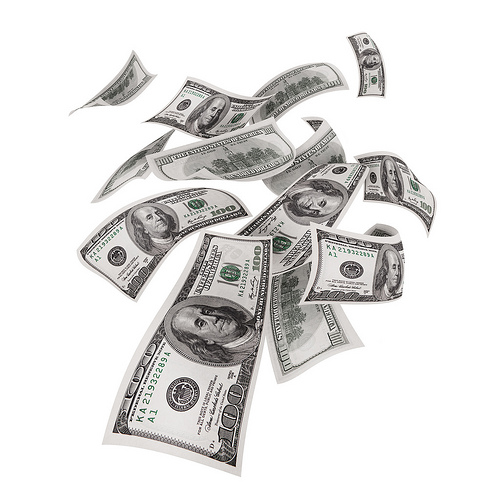
The Persecution of Gaston Naessens
Gaston Naessens Ph.D. is a Canadian biologist born in France. He was driven out of his homeland after controversy over a drug he created called G.N.24. But he is better known for his "Somatidian theory" and 714X, a compound developed to treat cancer.
His work is based on the theory that human blood contains living organisms that can mutate and evolve, depending upon the health of an individual. This is the Somatidian Cycle. In a healthy person, these microbes do no harm. In a weakened body, they can morph into something destructive and cause cancer. He has observed the Somatidian Cycle under a high-powered microscope he developed known as the Somatoscope.
Dr. Naessens has found that 714X, which contains camphor and various salts and minerals, can restore an imbalance in the Sonatidian Cycle. Numerous cures are reported and documented. His success, however, came to the attention of the Canadian Medical Establishment, and in 1989, Naessens was jailed. Later, he was found innocent.
Currently, in Canada, it's possible to obtain 714X with a doctor's prescription. The drug must be injected, and it seems to work best in people whose cancer is not advanced. This is the formula used by Billy Best, a Massachusetts teen diagnosed with cancer who refused to undergo the full regimen of chemotherapy and opted for a natural approach.
His cancer was cured with 714X, although he still takes this drug on occasion as a booster. He also drinks Essiac tea, named after Canadian nurse Rene Caisse.
Rene Caisse and Essiac Tea
Rene Caisse was a nurse in Ontario. She worked for a Catholic Hospital. Once, while attending to an elderly patient, she noticed this woman had a badly scarred breast. Curious, Caisse asked her what happened. Many years earlier, the patient had breast cancer, diagnosed by a doctor. But she had no money for a hospital stay or surgery. Nor did she want to lose her breast.
Fortunately, she happened to meet an elderly Ojibway medicine man familiar with local herbs, and he told her to take four herbs and drink them as a tea. The woman followed his advice and her cancer went away and never returned. She gave her formula to Caisse.
Soon after, Caisse's aunt had terminal cancer. With her doctor's approval, Caisse gave the same herbs to her aunt, who recovered and lived another 21 years with no recurrence. Caisse also successfully treated her mother's cancer.
Soon, Caisse was seeing, and curing, a steady stream of patients. Medical authorities allowed her to practice, under physician supervision, in a Bracebridge, Ontario clinic. However, she was hounded by the medical establishment and threatened, repeatedly, with arrest. Eventually, she had to stop seeing patients.
Her patients didn't forget about her. A large group of cancer survivors traveled to her 90th birthday party, grateful they had beaten a disease considered incurable.
Caisse made her formula according to very specific instructions. It had just four herbs. Today, numerous companies, claiming to possess the original recipe, sell what's come to be known as Essiac Tea, which is Caisse's last name spelled backwards.
The Rife Machine - Another Suppressed Treatment
Royal Raymond Rife was a gifted scientist born in Nebraska, but, later moved to Southern California. Like Naessens, he was able to observe live viruses under a high-powered microscope.
He saw viruses and even discovered what he called a cancer virus, which he called "cryptocides primordales." He focused on finding a way to kill this virus with an electrical beam.
Rife developed a device known as the "Rife machine." In the 1930s, he was becoming famous as other doctors recognized the possibilities of eliminating many diseases, using his machine to clean the blood. He had discovered different conditions respond to different electrical frequencies, and he could set the machine according to disease.
Rife was honored by a group of medical doctors, after it was shown that 16 terminal cancer patients recovered, after being exposed to a specific frequency of electrical current from the Rife machine.
However, shortly after, most these doctors turned on him. Rife and his co-worker, John Crane, were arrested. Rife eventually had to retreat to Mexico. He died in Los Angeles in 1971.
In recent years, his technology had undergone a revival. Rife machines, and various other devices that "zap" cancer, are widely available. Some machines, however, cost several thousand dollars. Because Rife is dead, no set standards exist for design and manufacture. It's possible some machines on the market are useless, if the electrical signal doesn't emit the correct frequency to destroy the cancer virus.
The Story of Emanuel Revici
Dr. Emanuel Revici, M.D., worked with some very sick patients. There are photographs of x-rays taken of people with cancer, which clearly show the disease had eaten holes in their bones. Follow-up x-rays show perfectly healthy bones.
He discovered that cancer patients suffer from one of two possible imbalances. Their blood is either too alkaline or too acidic. By treating the imbalance, with various oils, the patient would often recover. Treatment required careful monitoring of their urine, four times a day.
Dr. Revici treated hundreds of people at his New York Cancer clinic. He tried to convince the medical community of the importance of his findings, given the enormous amount of suffering involved. Even if someone couldn't recover, Dr. Revici could ease their pain.
Instead, he was ridiculed and shunned by his colleagues, who continued prescribing radical surgery and toxic drugs.
Unfortunately, Dr. Revici's final years were marked by a series of increased persecutions. There were three malpractice suits during the 1980s, all by the same lawyer. And in 1993, his license was pulled by the Health Department of New York State. He died in 1998, living 101 years, without seeing his work recognized or given the credit it deserves.
I Can't Give Medical Advice
Although I can't give medical advice, I can talk about Kelley Eidem, a man who wrote a book on Dr. Revici called "The Doctor Who Cures Cancer."
Years after interviewing Dr. Revici, Eidem was hit with a fast-moving stage 4 cancer that appeared as large blotches all over his body. For about two weeks, Eidem ate two cloves of garlic a day, along with grated habanero pepper covered in butter. To correct his imbalance (his body was too acidic), he took daily doses of cod liver oil.
Today, 14 years after cancer struck, he's very much alive. He runs a popular online forum where people can ask questions about what he would do if he were dealing with their particular condition.
"Modern" Medicine
People generally contact Eidem after exhausting conventional medicine. They've done multiple rounds of chemo and their cancer has come back, stronger than ever.
Even under these circumstances, though, someone occasionally reports a happy outcome if they eat habaneros and balance their body with oils.
One can only wonder what would happen if they turned to hot peppers, which dissolves the fibrin surrounding the cancer cells, as soon as they were diagnosed.
Most people don't do this. instead, they do chemo, as my friend is doing right now, with all of its side effects. It saddens me to think that my friend, along with millions of other people, must suffer so much, when when kinder, and, apparently, much more effective treatments exist.
Disclaimer - Please Read
These statements have not been evaluated by the Food and Drug Administration (FDA). These products are not meant to diagnose‚ treat or cure any disease or medical condition.
This article is for information only, and is not intended as medical advice. Please consult your health care professional for treatment recommendations. The author takes no responsibility for treatment decisions.
Can Frankincense Cure Cancer?
- Why chemotherapy doesn't work - Cancer tumors confirmed to have stem cells that regenerate tumors -
Why chemotherapy doesn't work - Cancer tumors confirmed to have stem cells that regenerate tumors - Can Frankincense Help Cancer?
Did you know that frankincense is being studied for its ability to find and destroy cancerous cells, while leaving normal cells untouched? Learn more about this remarkable resin from Oman, a country in which cancer is virtually non-existent. This sit


